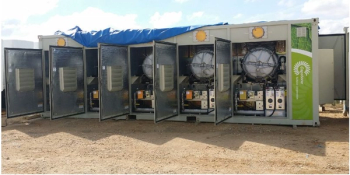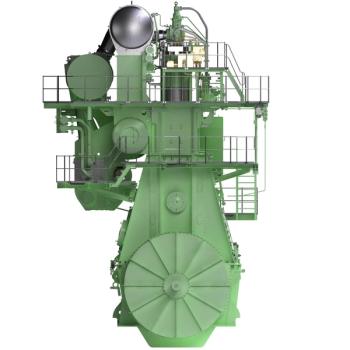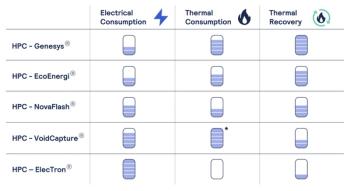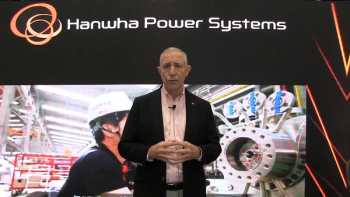In this episode of the TurboTime podcast, Myth Busters Klaus Burn of Ebara Elliott Energy and Rainer Kurz of RKSBenergy LLC tackle AI. They emphasize the importance of distinguishing AI from machine learning (ML), noting recent advancements in the latter. AI's applications in turbomachinery include condition-based monitoring, fleet monitoring, and data analysis. Despite its benefits, AI's limitations, such as inconsistency and lack of physical understanding, are highlighted.
Key Takeaways
- AI is a powerful tool for data analysis and handling complex tasks, particularly in fleet monitoring, document search, and processing large datasets, but it lacks physical understanding and cannot fully replace human engineers.
- AI currently has significant limitations, including inconsistent results, inability to explain its reasoning, and a lack of deep physical insights. Engineers should focus on understanding fundamental physics rather than just learning software tools.
- The rise of AI is driving massive energy demand, leading to increased investment in power generation infrastructure, particularly natural gas and energy storage solutions, to support data centers and the growing electrification of industries.
Brun: There's a wide range of answers about what AI is, and for the sake of this discussion, I'd like to narrow it down. Many people call just a computer program AI; for example, having an if statement in Fortran doesn't make it AI. Others look at statistical analysis and call that AI. Sometimes, any kind of logic in programming is even referred to as AI. That's all fine, and I don't want to sound snobby about it. By that definition, we've been doing AI for the past 70 years. But for this discussion, I think we should be more specific and focus on machine learning. What's truly been new over the last 15 years is machine learning, but the real revolution has happened in the last three or four years, where ML has become very sophisticated, useful, and impactful across many fields—from data analysis and engineering to the humanities. We're going to focus on turbo machinery, which is starting to be influenced by these advancements. Although it's still in its infancy and a new technology, I want to look at AI through the lens of machine learning and explore how that impacts turbo machinery design and the turbo machinery market overall.
Kurz: Both of us are probably too old to be really scared about AI, but it is definitely a topic. If I were starting today as a young engineer or making decisions about where to go to college, I would have to include it in my future planning without any doubt. As Klaus has said, it can be a very powerful tool for many applications, but there is probably just as much hype around what AI can do today. We are now entering a phase where people are becoming more realistic about AI’s capabilities. Since we're talking about the future a bit, there is a relatively well-known futurologist named Ray Kurzweil who predicts that within the next three or four years, artificial intelligence will truly become intelligent, not just a large tool. This might be one of those forecasts that doesn’t come true, but what we mainly want to discuss today is really, okay, AI as it is today—what can we use it for? And what does it mean?





